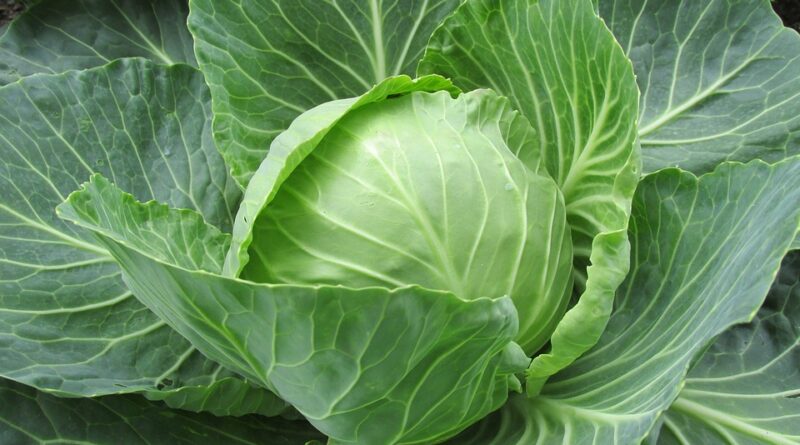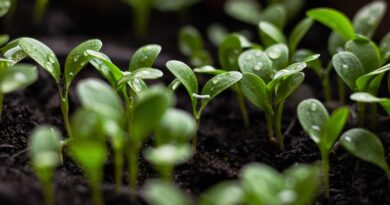Gardening 101: Expert Advice on Soil Preparation and Planting
Table of Contents
ToggleI. Introduction
A beautiful garden starts with soil preparation and planting techniques. Whether you’re a seasoned gardener or just starting, understanding the importance of soil quality and how to provide optimal conditions for your plants is crucial for success. In this article, we will explore expert tips and advice on soil preparation and planting to help you create a thriving garden.
A. Importance of Soil Preparation
Before diving into the specifics of soil preparation and planting, let’s first understand why it plays a vital role in the success of your garden. The quality of soil determines the availability of essential nutrients, water drainage, and aeration levels for your plants. By investing time in proper soil preparation, you set a solid foundation for healthy and productive plants.
II. Section 1: Soil Testing and Amendments
A. Soil Testing
Conducting a soil test is the first step in ensuring proper soil preparation. It provides valuable insights into the pH level, nutrient deficiencies, and organic matter content in your soil. You can easily perform a soil test with a home testing kit or seek professional assistance for a comprehensive analysis.
B. Soil Amendments
Based on the results of your soil test, you may need to make amendments to improve its quality. Organic matter, such as compost or aged manure, can enhance soil structure, water retention, and nutrient levels. Additionally, adding lime or sulfur can help adjust the pH level for optimal plant growth.
III. Section 2: Proper Planting Techniques
A. Choosing the Right Plants
When selecting plants for your garden, consider factors such as climate, sunlight exposure, and soil type. Different plants have specific requirements, and choosing those suitable for your local conditions increases their chances of thriving.
B. Correct Planting Depth and Spacing
Planting depth and spacing are crucial for healthy root development and efficient nutrient uptake. Follow the guidelines provided for each plant, as some may require deeper planting, while others need to be planted more superficially. Proper spacing ensures adequate air circulation and reduces competition among plants for nutrients.
IV. Section 3: Watering and Maintenance
A. Watering Techniques
Proper watering is essential for plant growth and establishment. Water deeply and infrequently, allowing the soil to dry slightly between watering sessions. This encourages deep root growth and prevents overwatering, which can lead to root rot or disease.
B. Mulching and Weed Control
Applying mulch around your plants helps retain soil moisture, suppresses weed growth, and regulates soil temperature. Organic mulches, such as wood chips or straw, also contribute to the soil’s organic matter content as they decompose. Regularly remove weeds to prevent competition for nutrients and reduce the risk of pest infestations.
V. Conclusion
To create a flourishing garden, paying attention to soil preparation and planting is vital. By conducting soil tests, making necessary amendments, and using proper planting techniques, you set the stage for healthy and productive plants. Remember to provide adequate watering and maintenance, as well as implement mulching and weed control practices. Armed with this expert advice, you can confidently embark on your gardening journey and enjoy the beauty and rewards of a thriving garden.
Happy gardening!
VI. FAQ
- Q: How often should I conduct soil tests?A: It is recommended to perform soil tests every three to five years or whenever you experience persistent plant health issues.
- Q: Can I use store-bought soil instead of preparing my own?A: While store-bought soil can be convenient, it may not always meet the specific needs of your plants or provide the same level of quality as properly prepared soil.
- Q: Is it necessary to water plants every day?A: No, watering should be done deeply and infrequently, allowing the soil to dry out slightly between waterings. This encourages deep root growth and prevents overwatering.
- Q: What are the benefits of mulching?A: Mulching conserves soil moisture, suppresses weed growth, regulates soil temperature, and contributes to the soil’s organic matter content as it decomposes.





Pingback: Exploring the Art of Urban Gardening: The Green Revolution in Cities » House & Garden insider